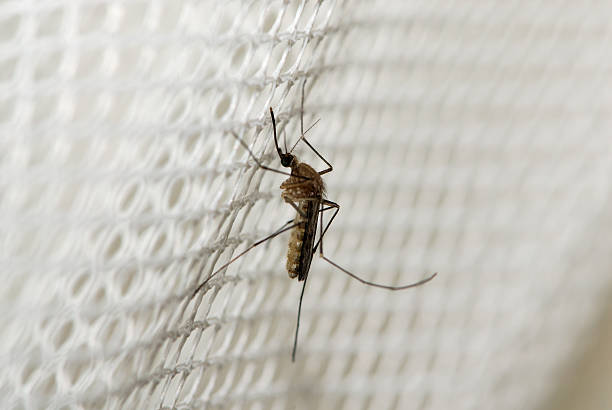|
World Malaria Day is an occasion to highlight the need for continued investment and sustained political commitment for malaria prevention and control. It was instituted by WHO Member States during the World Health Assembly of 2007. This year, WHO and partners marked World Malaria Day by celebrating the achievements of countries that are approaching – and achieving – malaria elimination. They provide inspiration for all nations that are working to stamp out this deadly disease and improve the health and livelihoods of their populations.On 21 April, WHO published a new report highlighting successes and lessons learned among the “E-2020” group of malaria-eliminating countries.
Despite the challenges posed by the COVID-19 pandemic, a number of these countries reported zero indigenous malaria cases in 2020, while others made impressive progress in their journey to becoming malaria-free. In the face of a dual threat of antimalarial drug resistance and COVID-19, countries of the Greater Mekong subregion have also made major strides towards their shared goal of elimination by 2030. In the 6 countries of the subregion, the reported number of malaria cases fell by 97% between 2000 and 2020. Malaria deaths were reduced by more than 99% in the same period of time. Ahead of World Malaria Day, country leaders, frontline health workers and global partners will come together in a virtual forum to share experiences and reflections on efforts to reach the target of zero malaria. The event was co-hosted by WHO and the RBM Partnership to End Malaria on 21 April. Source: WHO
0 Comments
Leave a Reply. |
